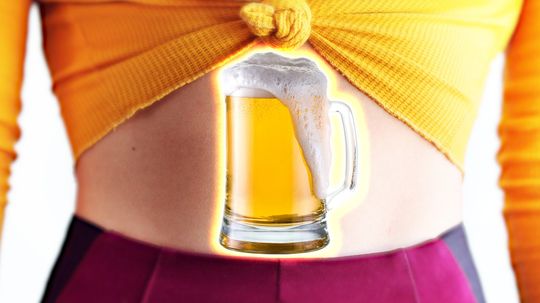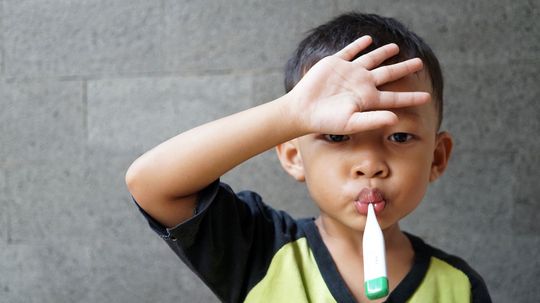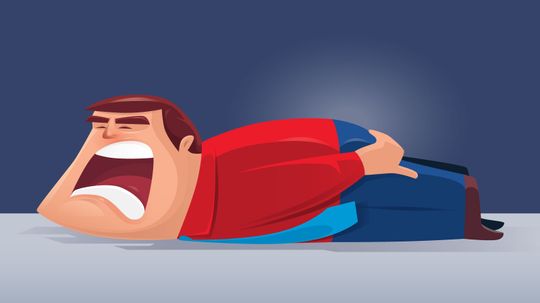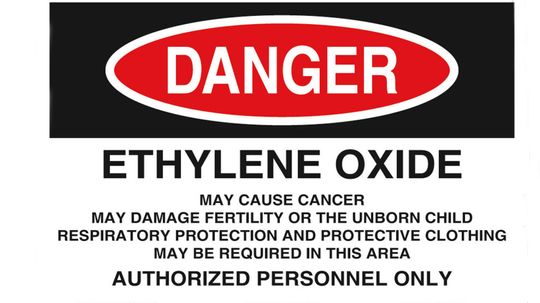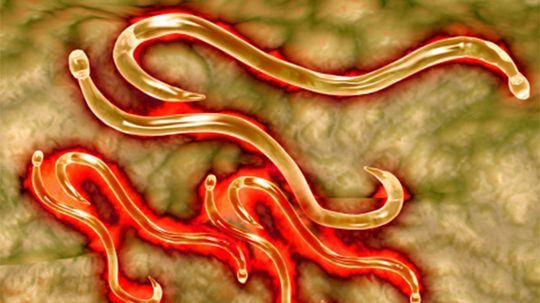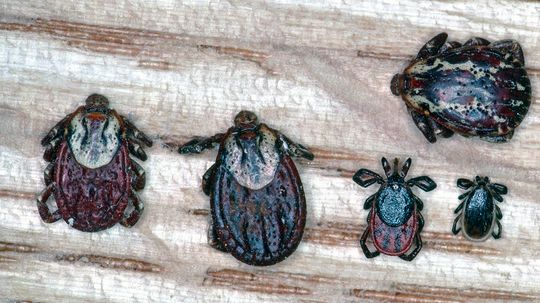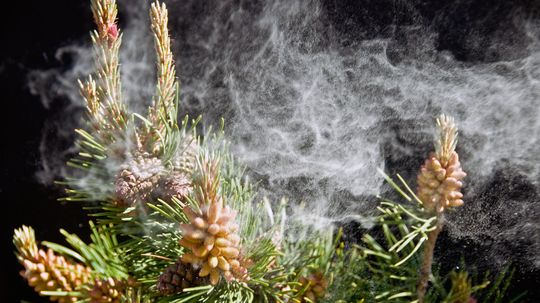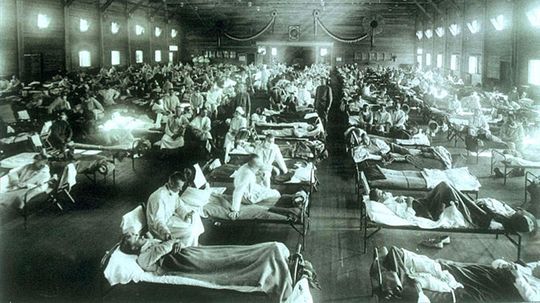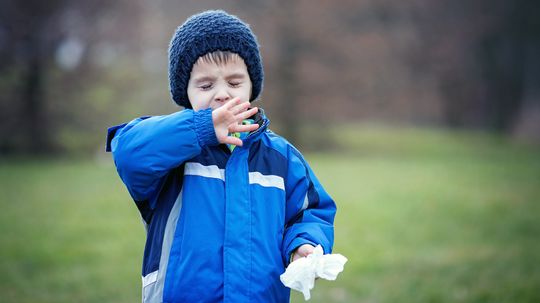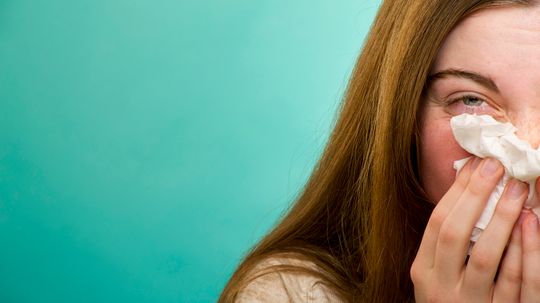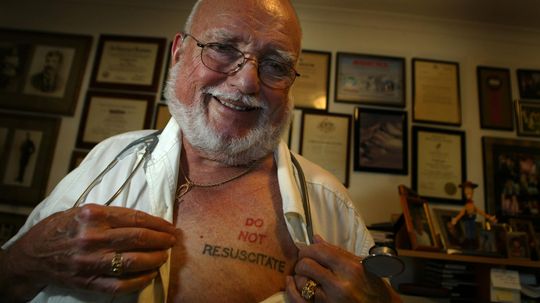Diseases and Conditions
Know how to prevent, treat and control the symptoms of various diseases and medical conditions. We explain what's happening in your body when disease strikes, and what you can do to feel better faster.

Can Pollen Allergies Make You Tired?
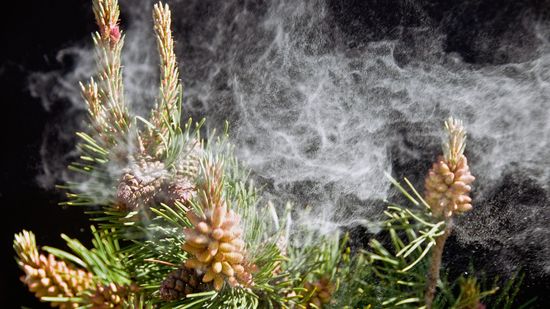
The Science Behind the Pollen Count

Why There Is So Much Confusion About Who Has Food Allergies
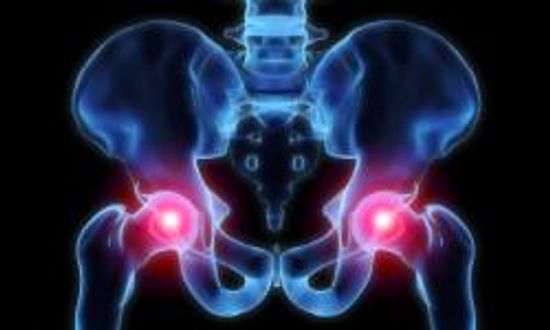
Are there stretches you can do for osteoarthritis of the hip?

How do you cope with multi-level degenerative osteoarthritis?

Do You Need to Have a Positive Attitude to Beat Cancer?

8 Thoughtful Ways to Help a Loved One Going Through Chemo

Why Is Pancreatic Cancer So Deadly?

What's the Difference Between Cardiac Arrest and a Heart Attack?

How the Graphene Blood Pressure Tattoo Will Change Monitoring
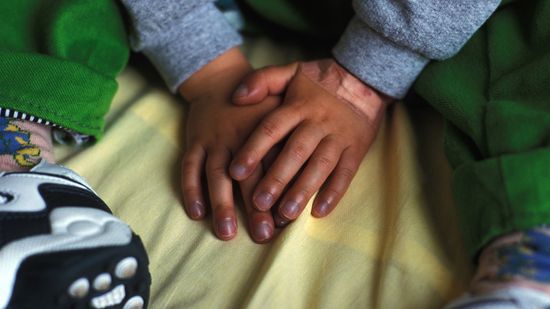
Cyanosis: Why Your Fingers Turn Blue
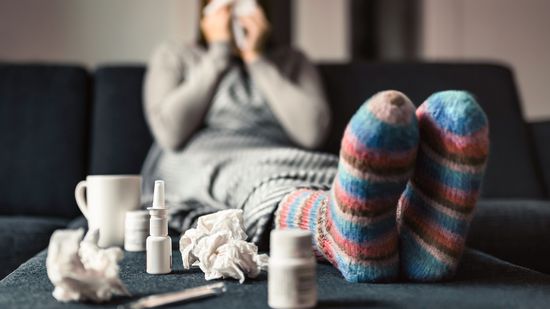
What's the Worst Day of Common Cold Symptoms?
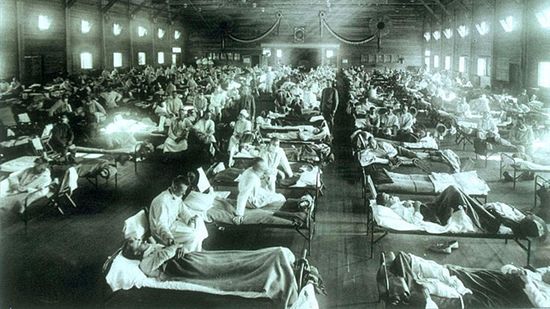
The 1918 Spanish Flu Killed Millions — and Experts Fear It Could Happen Again
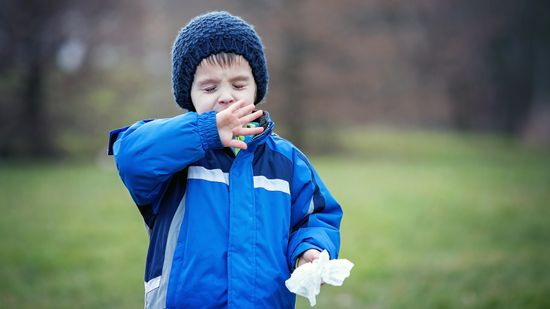
Can the Change in Temperature Really Make You Sick?
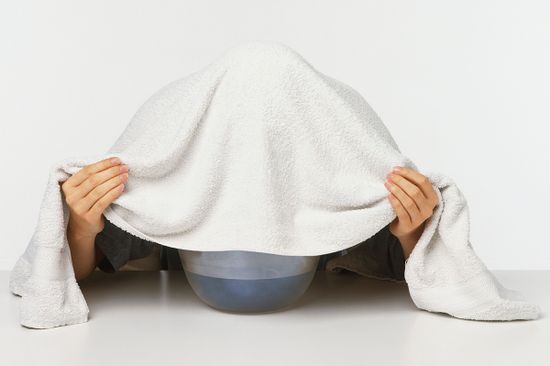
10 Tips for How to Relieve Sinus Pressure

4 Occupations Prone to Sinus Trouble
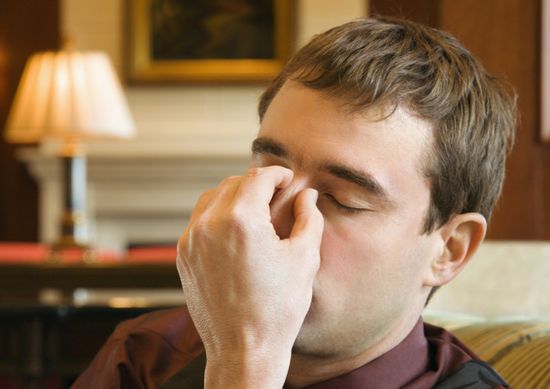
Understanding Sinus Congestion

How does your body know when to secrete insulin?

Yeast Overgrowth

How to Cure A UTI Naturally

Urinary Tract Infection Lifestyle Tips

Urinary Tract Infection Prevention
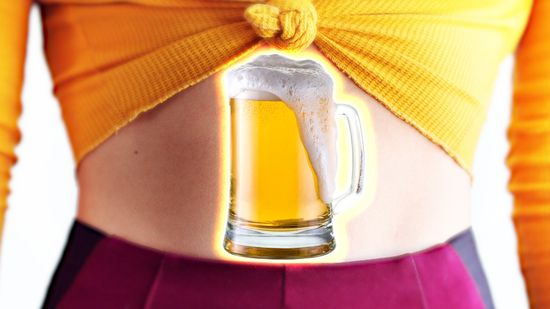
The Curse of Brewing Beer in Your Own Belly
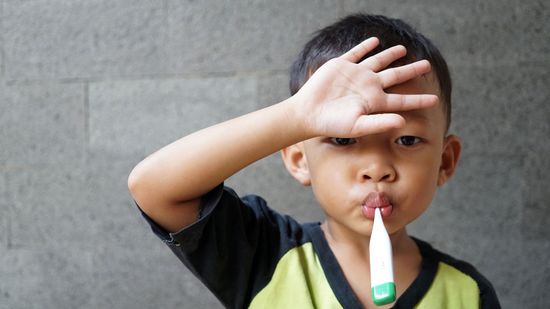
Is the BRAT Diet Still Beneficial?

Crazy Common Things People Swallow (That They Shouldn't)

Why Your Baby Could Be Giving You Mommy Thumb

How Whole-Body Cryotherapy Works

How to Relieve Sciatic Nerve Pain

Is Polio Back? Here's What You Need to Know
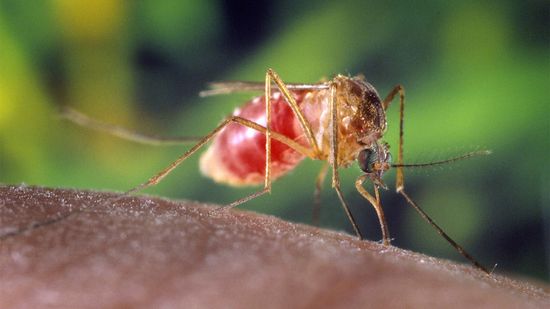
Can Viruses Make You Smell More Attractive to Mosquitoes?
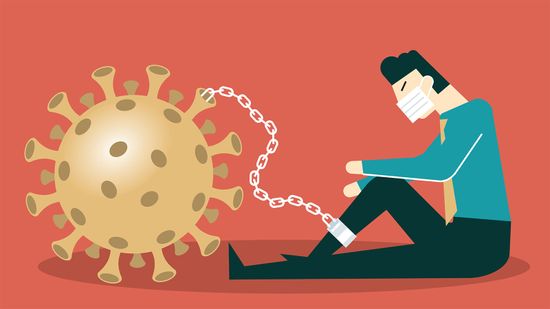
1 in 3 Who Had COVID-19 Have Long COVID Symptoms, Says Oxford Study
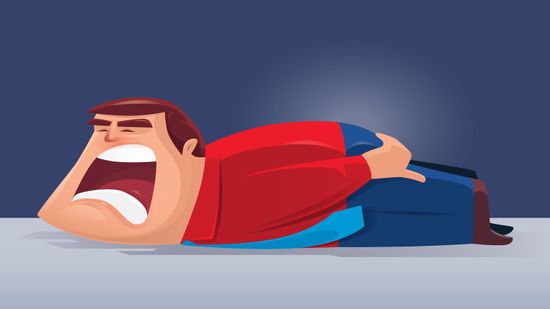
No Joke: Dead Butt Syndrome Is a Real Pain

What the Heck is Tech Neck? How Millennials Could Be the Wrinkliest Generation
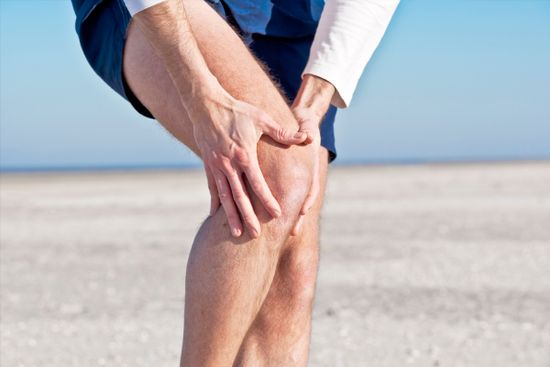
Can you really get a bone infection?
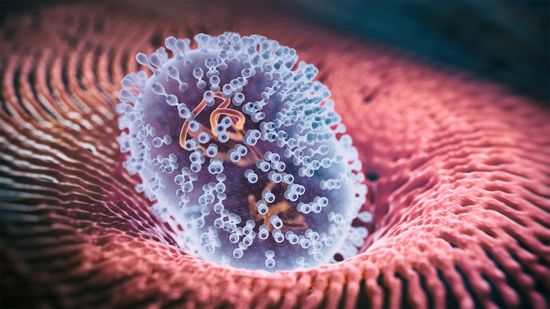
Monkeypox Is a Global Health Emergency, But Don't Panic Yet
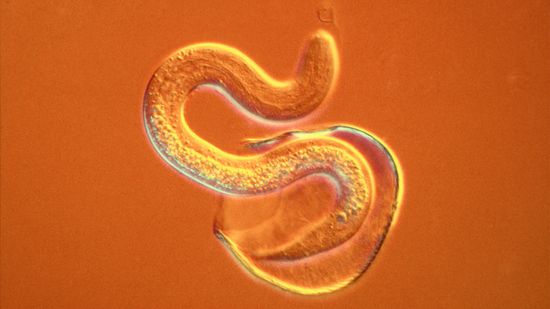
Nematodes: Do We Still Need to Worry About Roundworms and Bare Feet?

Scurvy: The Scourge of the High Seas Remains at Large Today

Monkeypox Confirmed in the U.S. and Europe. What You Need to Know
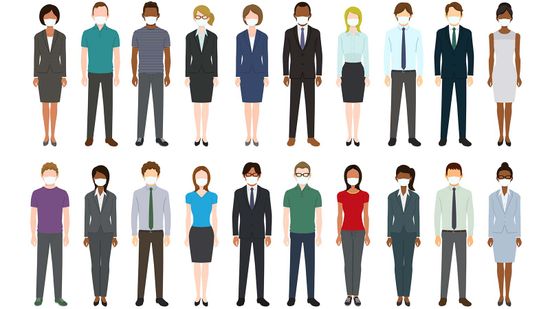
How to Clean and Store Your Cloth Face Mask

How Anosmia, or 'Smell Blindness,' Can Help Pinpoint COVID-19
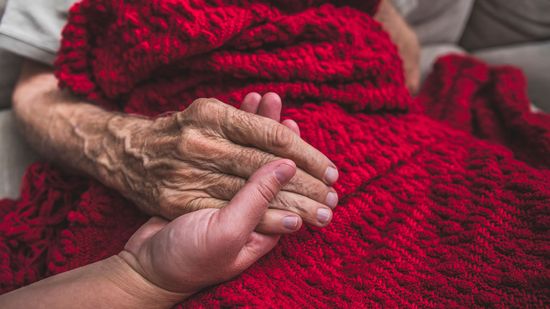
Do People Really Die of Old Age?

The Sarco Suicide Pod: Controversial or Compassionate?
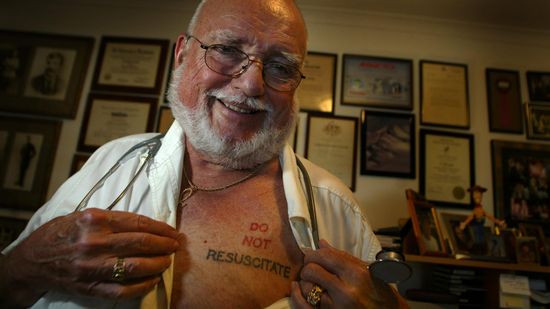
Telling Doctors Not to Resuscitate, by Tattoo
Learn More / Page 2
It's called auto-brewery syndrome and, for some folks, it's a fact of life.
A bland diet consisting of bananas, rice, applesauce and toast was a standard remedy for children with diarrhea and other stomach issues. But not any more. What happened to the BRAT diet?
By Alia Hoyt
Just 10 percent of Americans with pancreatic cancer survive for at least five years. Why is the outlook so grim and what can be done about it?
By Alia Hoyt
Advertisement
Although it's far more common in women, men get breast cancer too. And they have a much higher fatality rate. Why is this and what can be done?
By Alia Hoyt
We know science rarely says anything good about sitting all day. But did you know that if spend too much time on your bum, you could end up killing it?
Although the disease is associated with sailors of yore, it can affect anyone lacking vitamin C. And it still impacts some people today.
By Mark Mancini
The EPA deemed ethylene oxide a carcinogen in 2016, yet there are many cities across the country being polluted with the invisible gas.
Advertisement
If you have a gut feeling something is off in your physical or mental well-being, a parasite could be the culprit.
There's been a steady uptick in Lyme disease across the United States since 1997, but the news isn't all bad.
By John Donovan
Spring is here, your pollen allergies have kicked in and you feel tired and sleepy. Could pollen have something to do with it? Or is it just the meds?
Spring may be beautiful, but it's a tough time of year for anybody with allergies. That's why they rely on the daily pollen count for relief.
Advertisement
Ever had that sinking feeling when you bite down on a sandwich and accidentally encounter a foreign object like a toothpick or a piece of plastic? If you spot it in time, you can spit it out. But what if you don't?
By Alia Hoyt
A new study showed that about 10 percent of Americans who thought they had food allergies actually had food intolerance issues. So what's the difference?
By Dave Roos
The Spanish flu was the deadliest disease outbreak in modern history. How did it start and despite all our healthcare advances, why could it happen again?
By Alia Hoyt
Weather-driven sickness is a thing, but it isn't always the temperature that is the direct cause of the resulting illness.
Advertisement
Your body never freaked out before when you were stung by a bee. And yet one day, you have an anaphylactic reaction to a bee sting. What's the deal?
The long-standing cultural belief that milk products generate phlegm is a myth, according to a 2018 literature review.
People who consume massive quantities of animal protein report experiencing the meat sweats, a sensation of feeling flushed and fatigued, accompanied by profuse perspiration.
With so many germs flying about this time of year it can be tricky to figure out what ails you. Take this quiz to test your cold versus flu IQ!
By Alia Hoyt
Advertisement
So far there have been no reports of people contracting zombie deer disease, but could it make the jump from animal to human?
It's kind of like the suicide booth on 'Futurama,' and its inventor says the Sarco should be available in 2018.
By Robert Lamb
Would you communicate your end-of-life wishes by tattoo? And would they be respected?
By Robert Lamb
Nearly half of all U.S. adults who have food allergies developed at least one of them during adulthood.
Advertisement
A U.K. study that lasted years and involved thousands of people suggests a link between slow walking and cardiovascular mortality.
It's called oral allergy syndrome, and it's caused when the immune system freaks out and overreacts to allergens.
